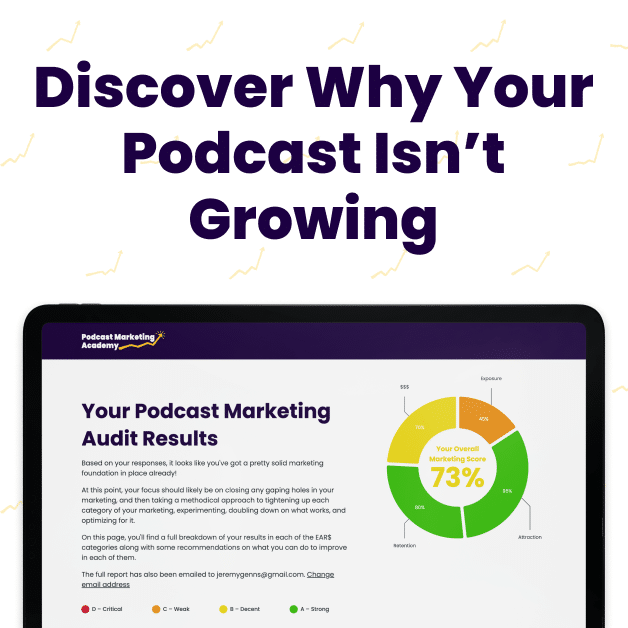There might be no medium that does a better job of systematically guiding participants from novice to mastery than video games.
I say this after having recently eased my way back into the world of video games after a 15-year break.
Specifically, I’ve been playing through Assassin’s Creed: Unity, an open-world style game set during the French Revolution.
The game allows you to freely roam 18th-century Paris in all its splendor, squalor, and intrigue as you work through the dozen or so missions that make up the primary storyline along with the dozens more optional side missions.
The side missions aren’t required to “win” the game. But they offer an opportunity to level up your character’s abilities and earn more (in-game) money allowing you to improve your gear, all of which makes your character stronger, and thus, the gameplay easier.
This is a common structure for many video games.
And it turns out, it has significant overlaps with improving our skills and advancing the storylines of many real-world pursuits, including podcasting, marketing, and business.
The 3 Levers of Mastery
The standard video game model consists of three levers you can use to improve your character’s abilities.
- In-game tools/gear — The best of which are often expensive and can only be afforded after completing advanced missions (which offer higher monetary rewards).
- In-game skills and abilities — Which again, require you to complete missions in order to earn enough experience points to unlock.
- Personal mastery of the game mechanics/controls — Which doesn’t require you to progress in the game’s storyline, but does require you to spend a significant amount of time playing.
Mapped onto the world of podcasting and business growth, this model might look something like:
- The tools and gear we use to produce and market our shows and products — Including software, hardware, and team members. As in a video game, the more successful “missions” we complete, the more we are financially compensated, the more and better “gear” we can invest in… which then makes it easier to complete even more difficult—and lucrative—missions in the future.
- The specific skills & abilities we develop related to our work — A truly infinite list, including everything from basic audio production, storytelling, and interviewing, to copywriting, design, competitor research, product development, team management, and more. As in most games, we have a limited number of “experience points” (ie. time) to spend on our overall skill set, requiring us to make choices and tradeoffs about which skills we choose to develop.
- An understanding of the meta-game of content & business — Essentially, an intuitive, strategic understanding how all the pieces fit together that guides your high-level decision-making. This can only be developed and honed over many years and dozens of projects—both failed and successful.
It’s worth noting that most games don’t require you to achieve perfection in each of these categories in order to complete the game.
In fact, you might only need to achieve an average of 50% proficiency in each category in order to beat the final boss or mission.
That said, the lower your rating in each category, the harder it will be to achieve, and the more likely you are to give up in frustration.
The same dynamic holds true for podcasting.
You don’t need the best microphone, software, marketing tools, or a team to create a successful, highly profitable show.
Neither do you need to be a master storyteller, interviewer, writer, or marketer.
Nor have a decade of experience as a creator, marketer, and entrepreneur.
But there’s no denying that the game is easier to play (and win) when you do have these things.
And the only way to acquire them is to spend more time playing.





